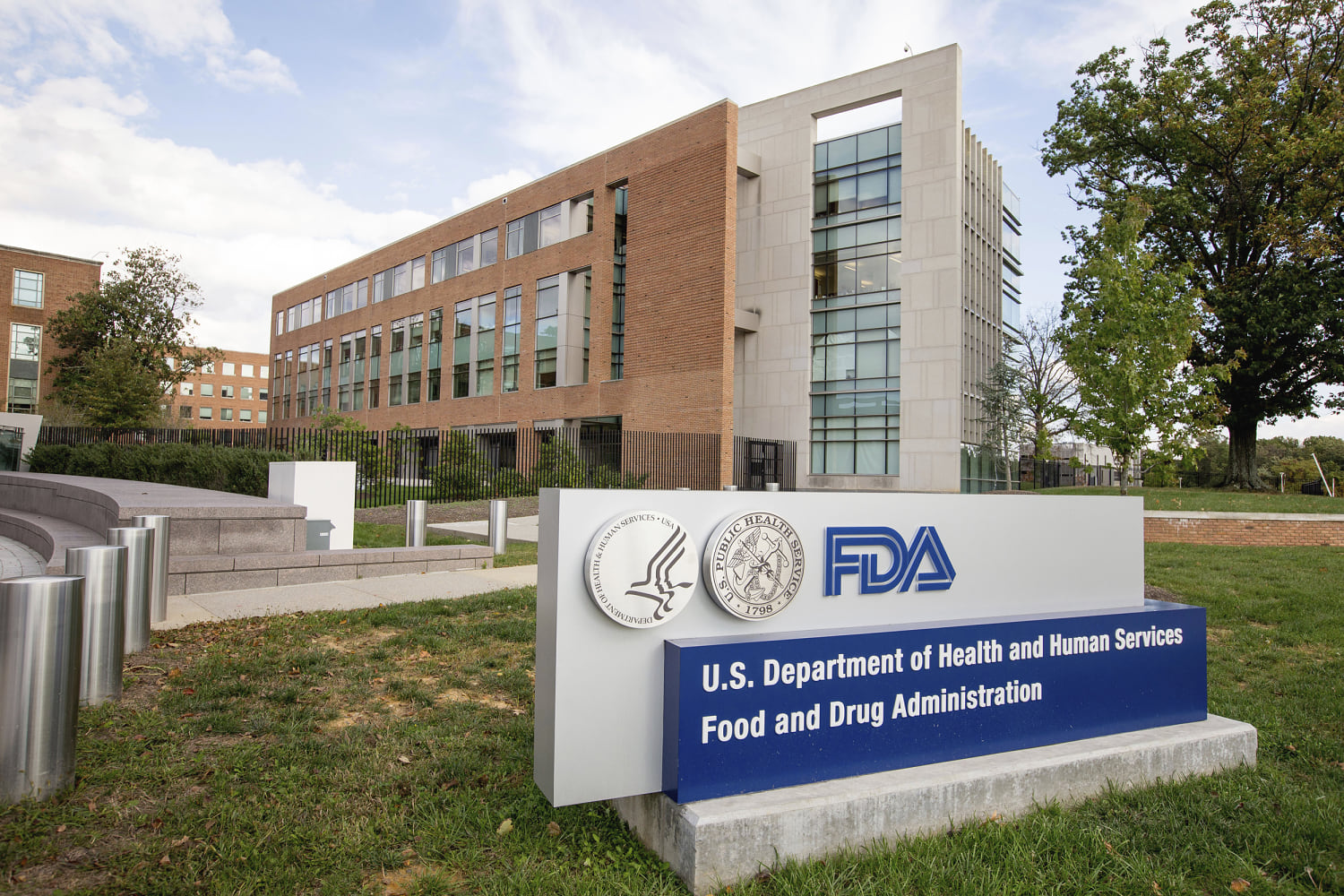A Food and Drug Administration advisory panel on Tuesday declined to recommend the approval of MDMA as a treatment for post-traumatic stress disorder, a major setback for advocates who have long pushed to include psychedelics in treating mental health disorders . The two votes — one for the treatment’s efficacy and one for its safety, by the agency’s Psychopharmacologic Drugs Advisory Committee — marked the first time that FDA advisers have considered a Schedule I psychedelic for medical use. If approved by the FDA , it would be the first new treatment for PTSD in more than two decades.
The votes reflected panel members’ struggle to balance the need for new PTSD treatments against serious concerns about the data submitted by drugmaker Lykos Pharmaceuticals, which was marred by inconsistencies, poor study design and allegations of misconduct. “It sounds like MDMA has really impacted a number of people in positive ways, but it seems that there are so many problems with the data,” said Melissa Decker Barone, an adjunct assistant professor in the department of psychiatry at the University of Maryland School of Medicine. The panel’s decision was based on the results of two phase 3 clinical trials that included nearly 200 patients, in total, with moderate to severe PTSD.

In both trials, researchers found that a treatment approach that consisted of MDMA given during three eight-hour therapy sessions, space four weeks apart, worked better than a placebo in reducing th.























